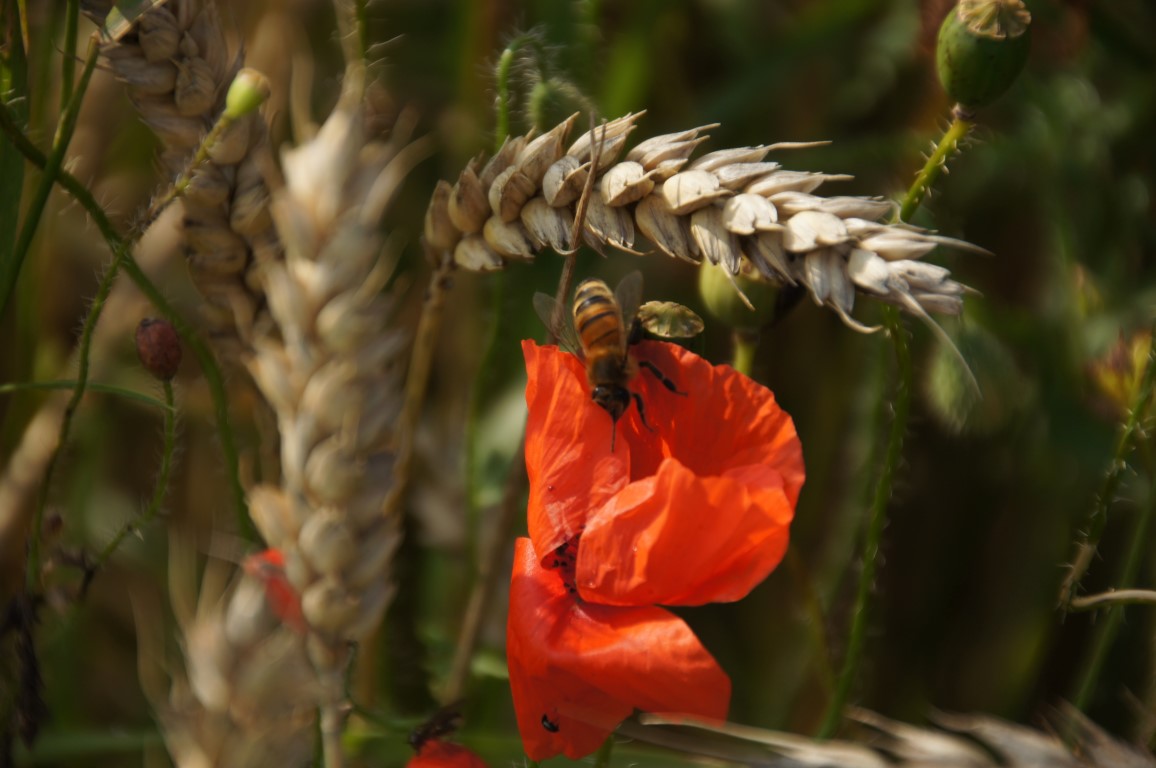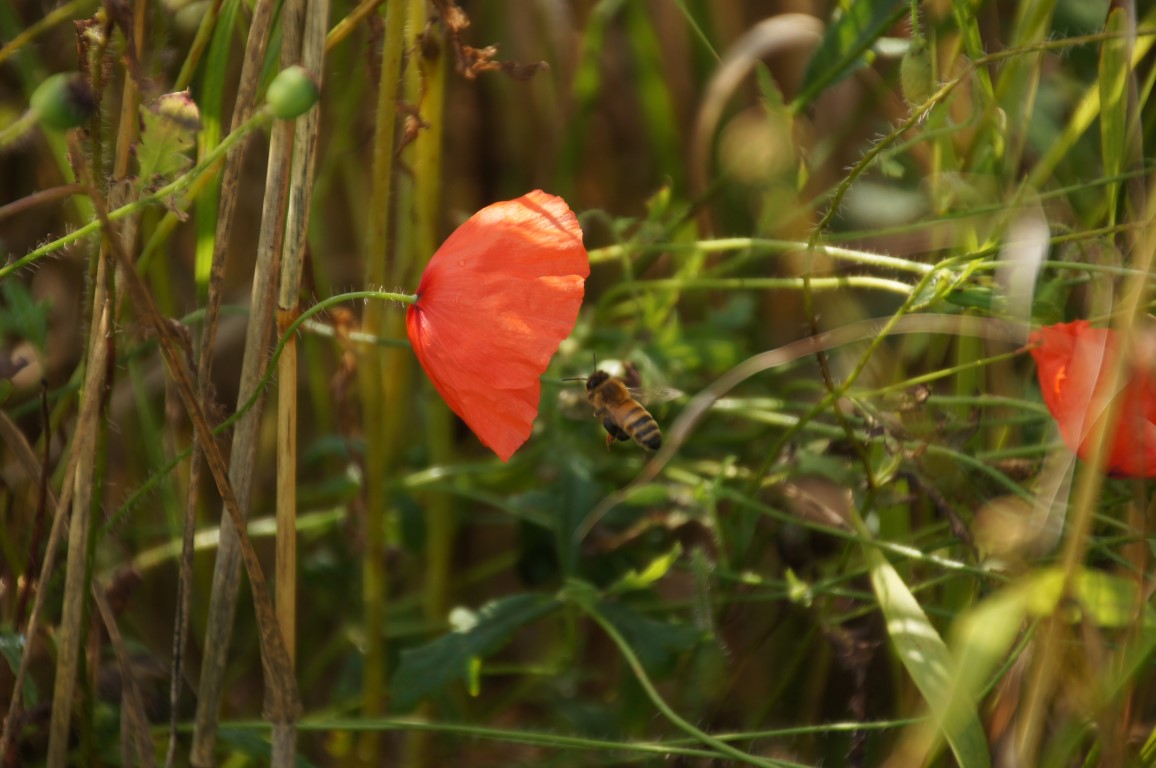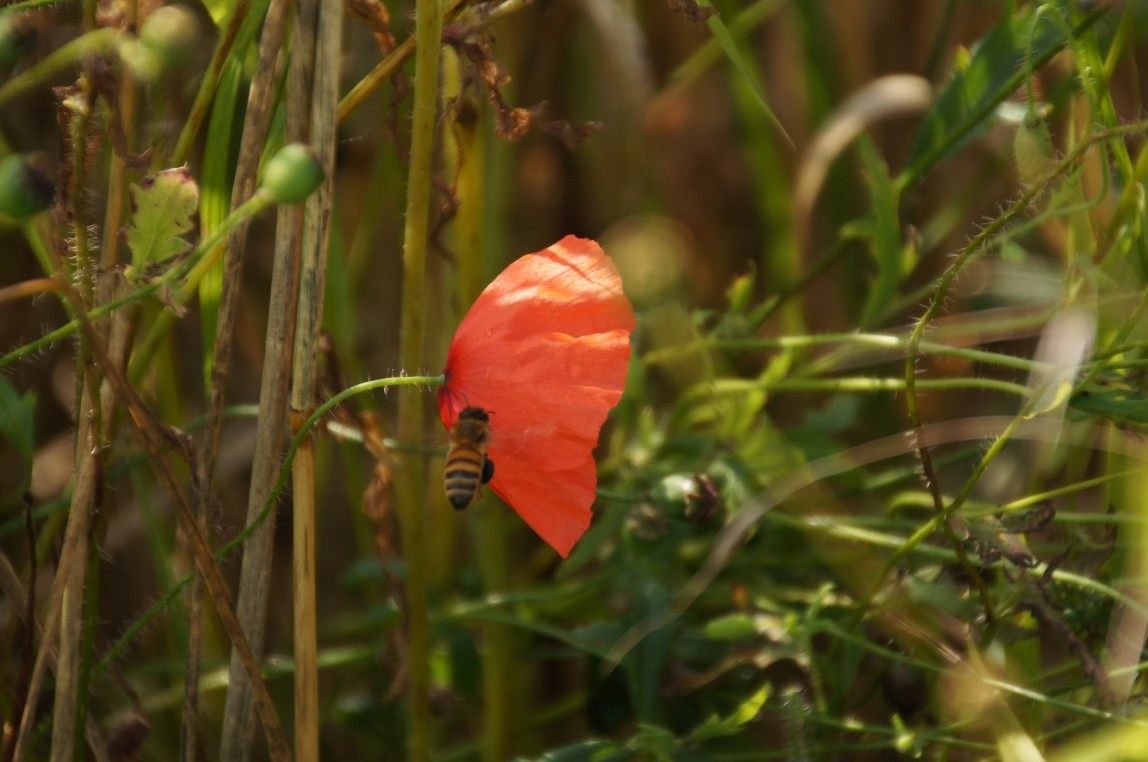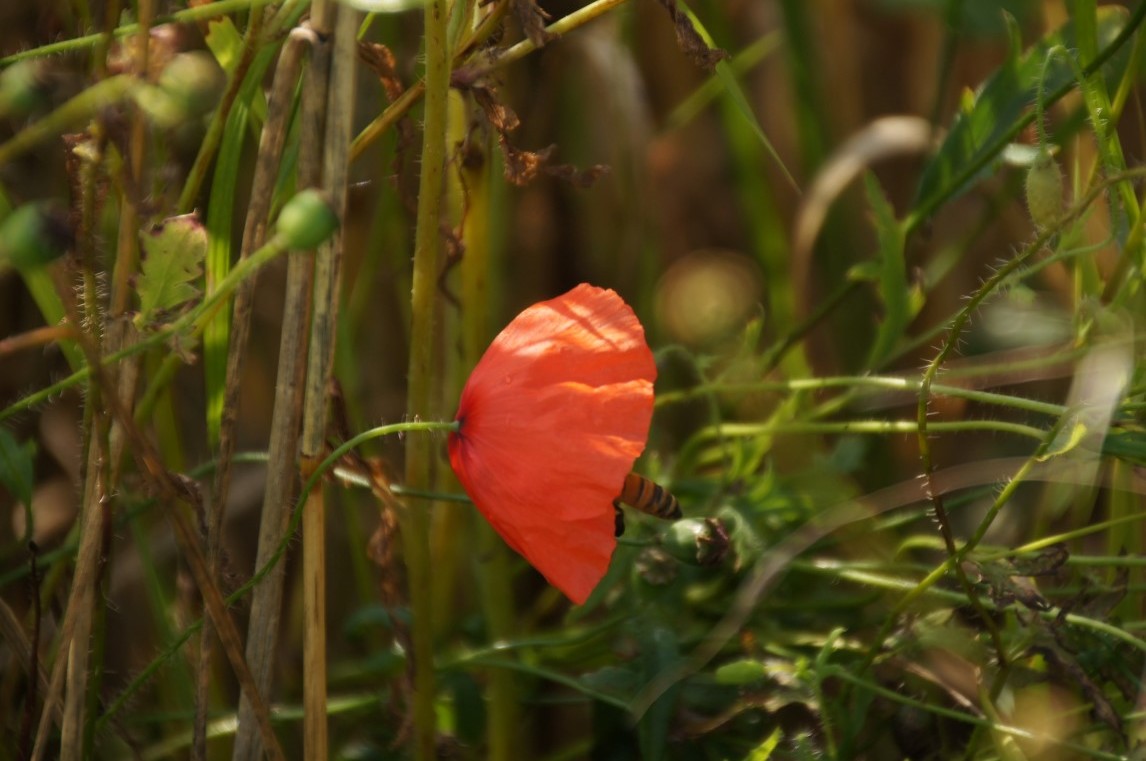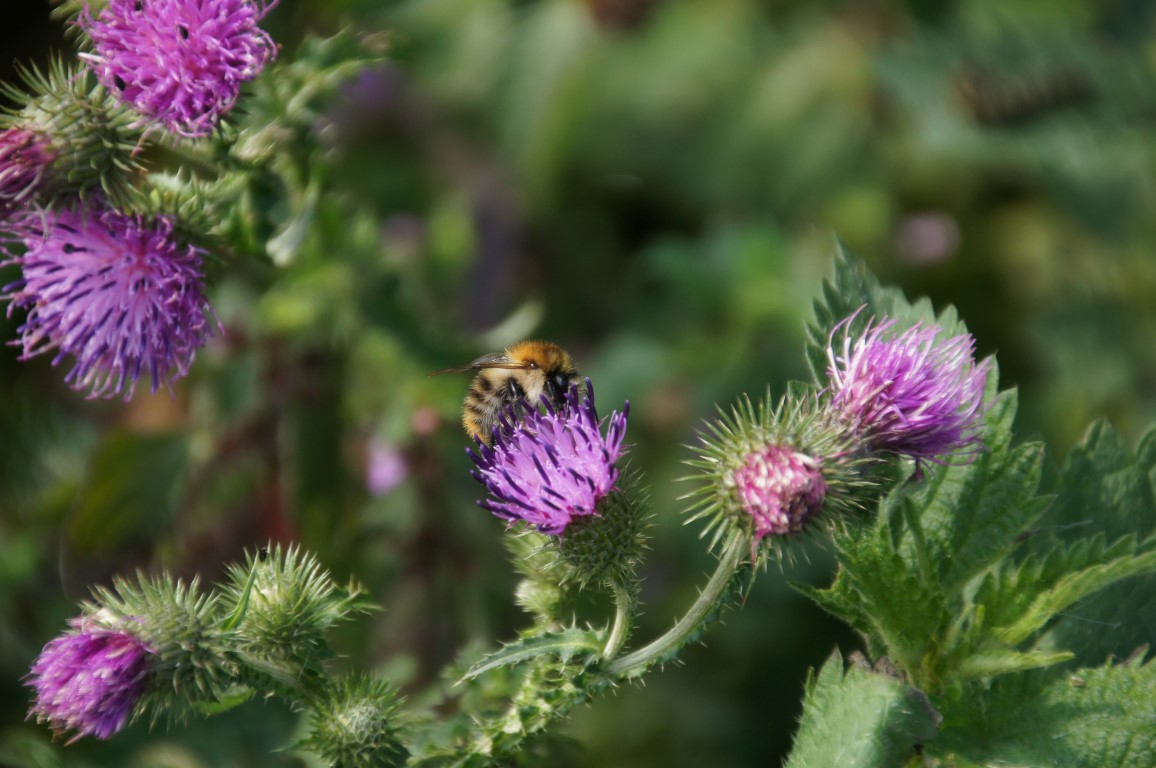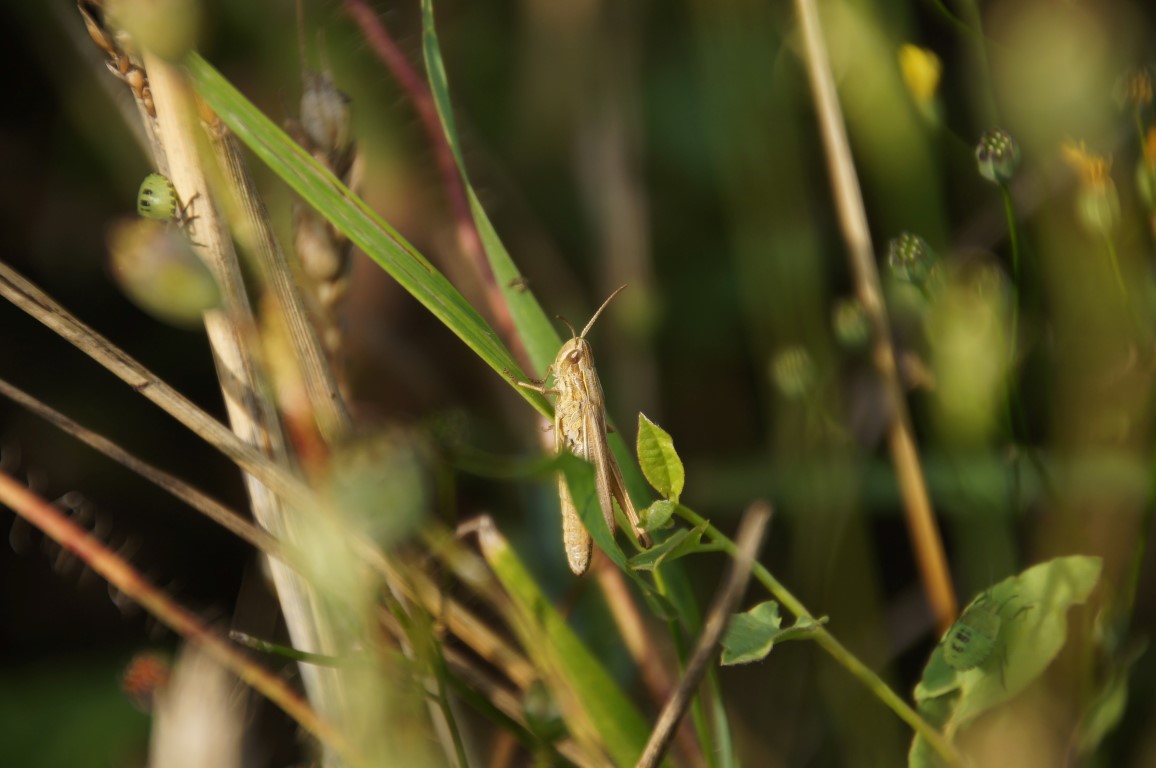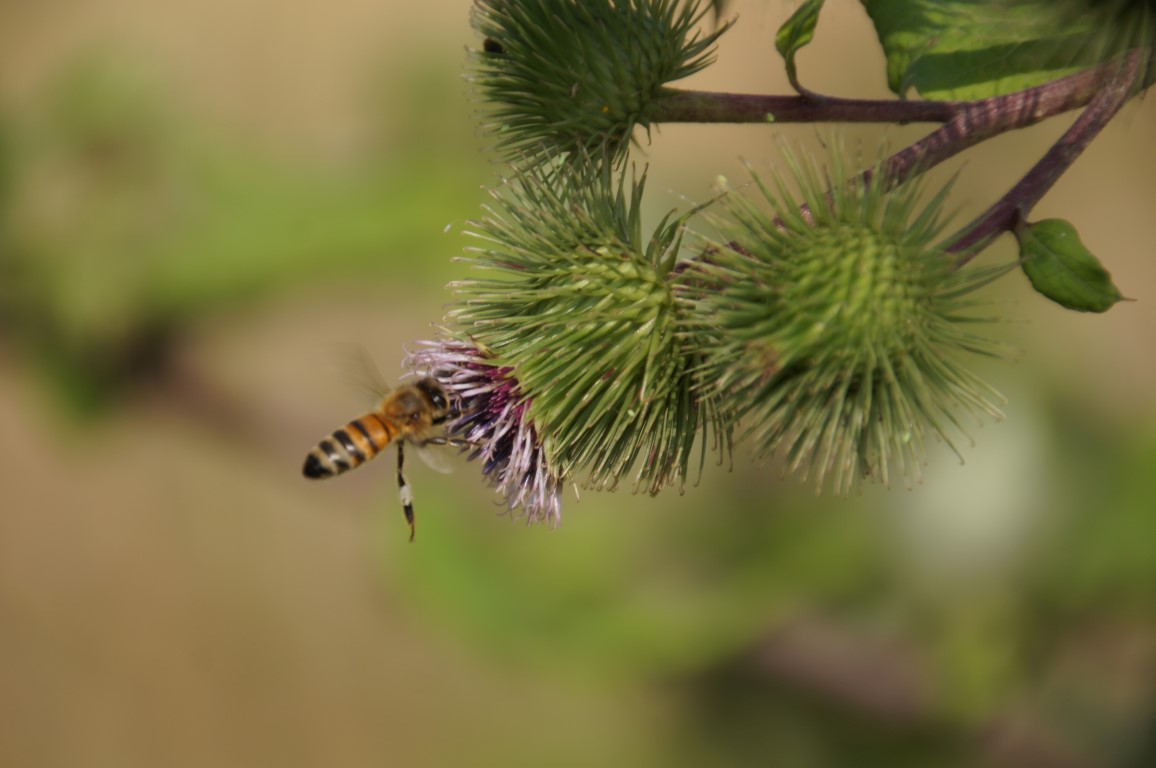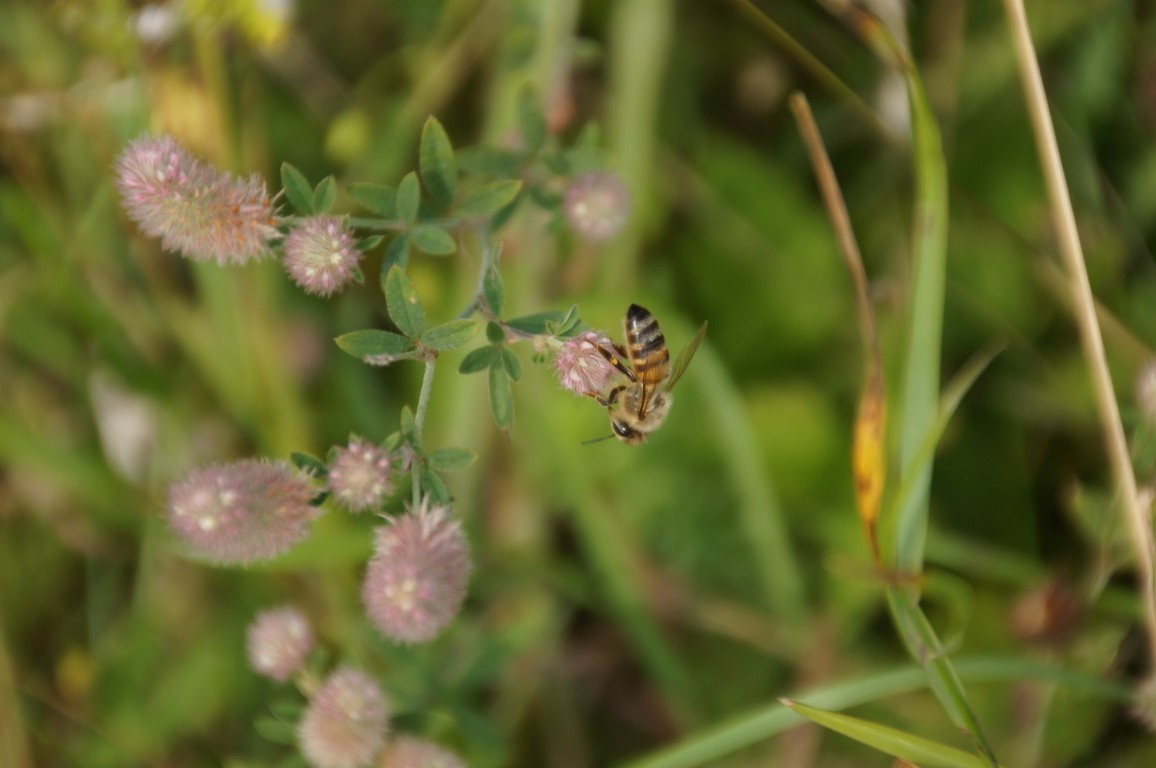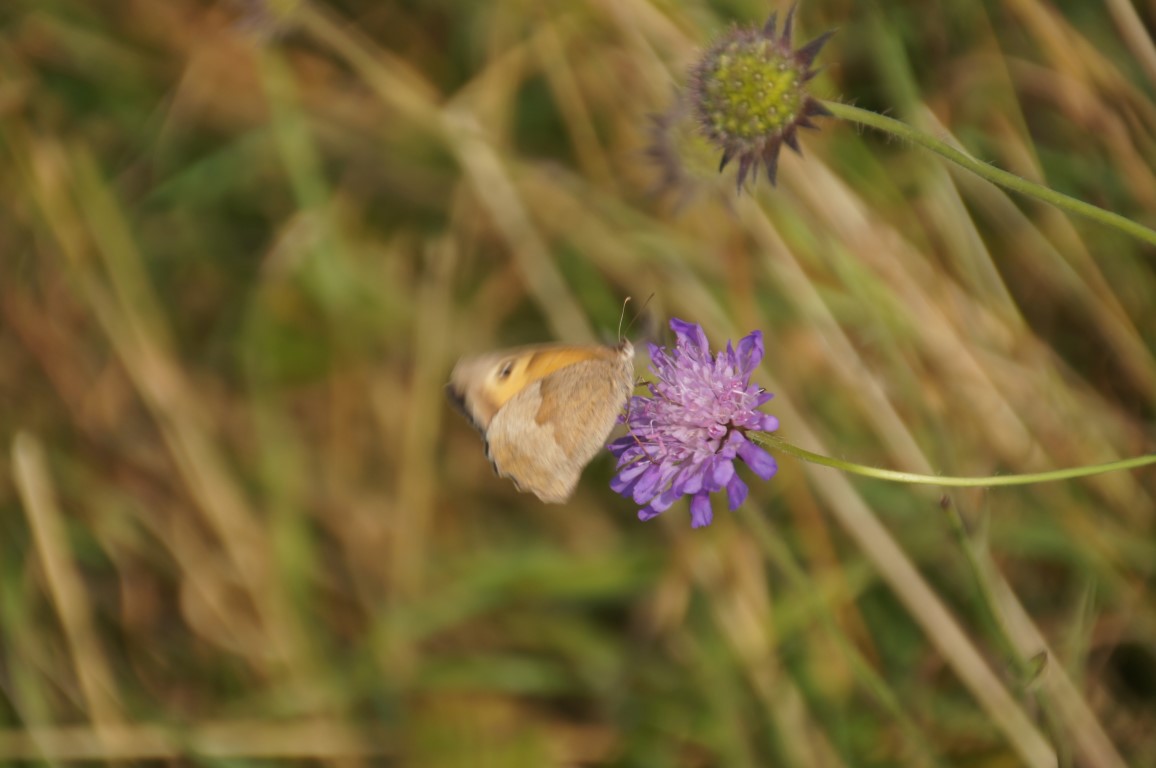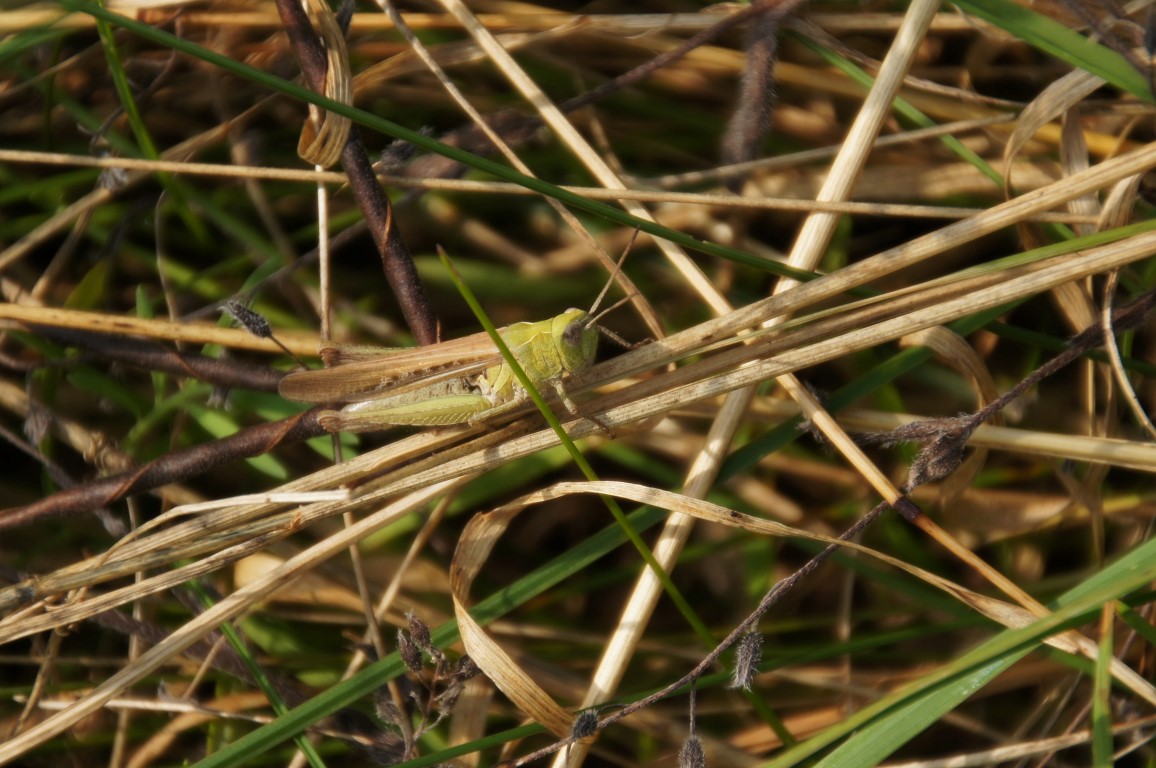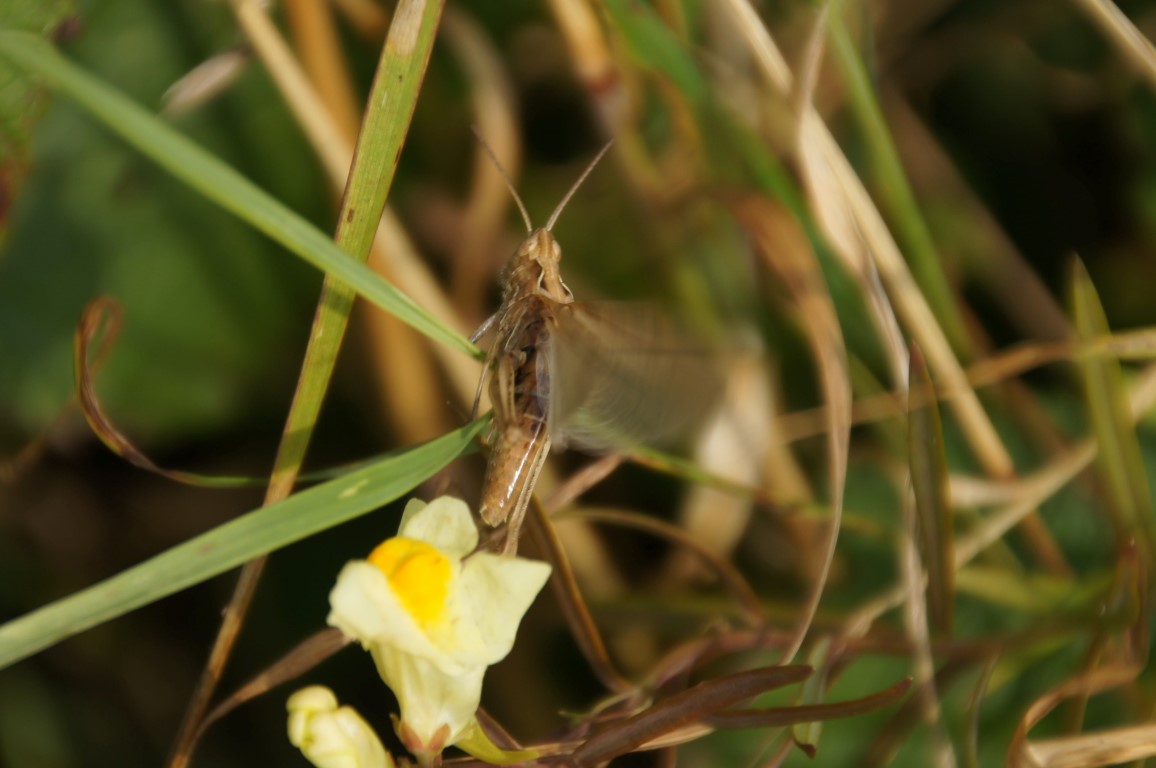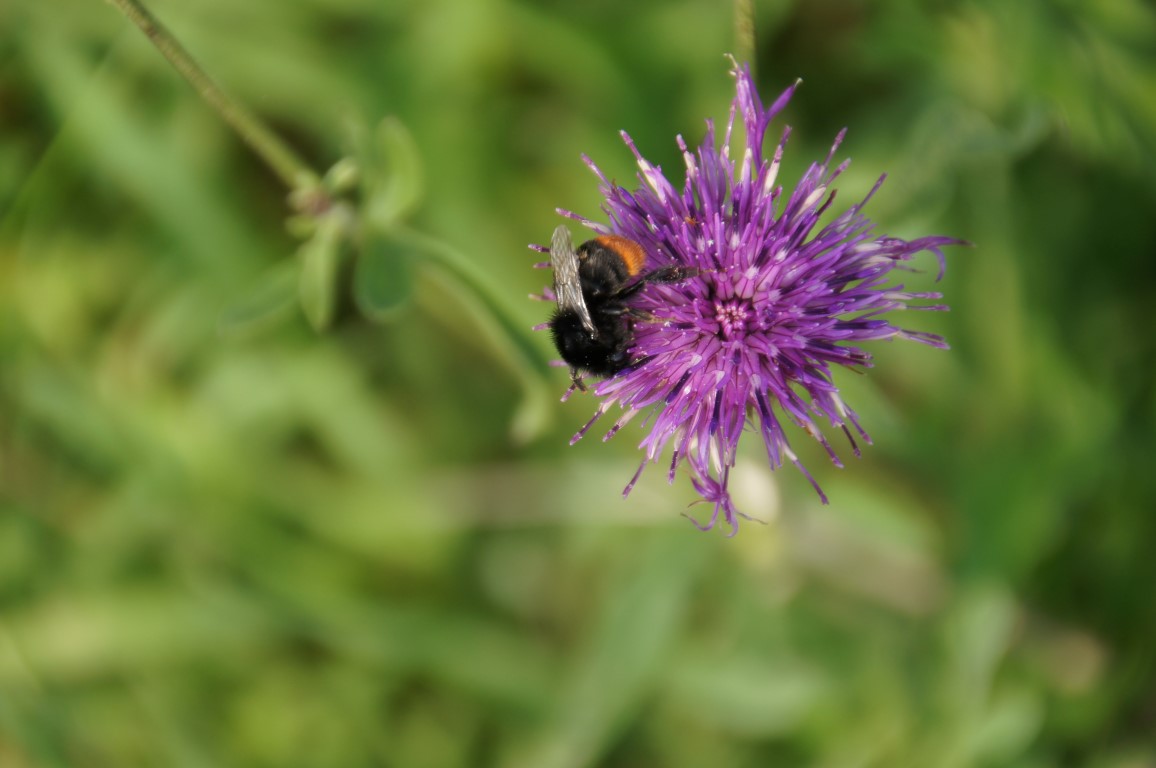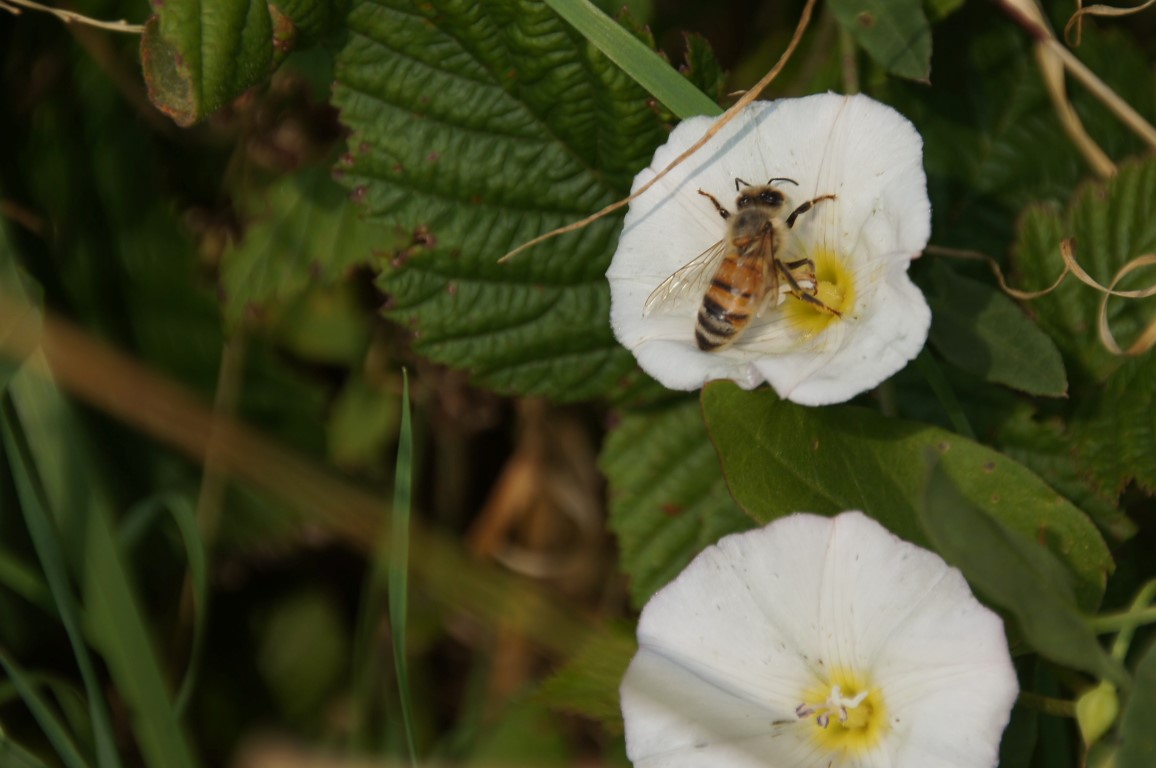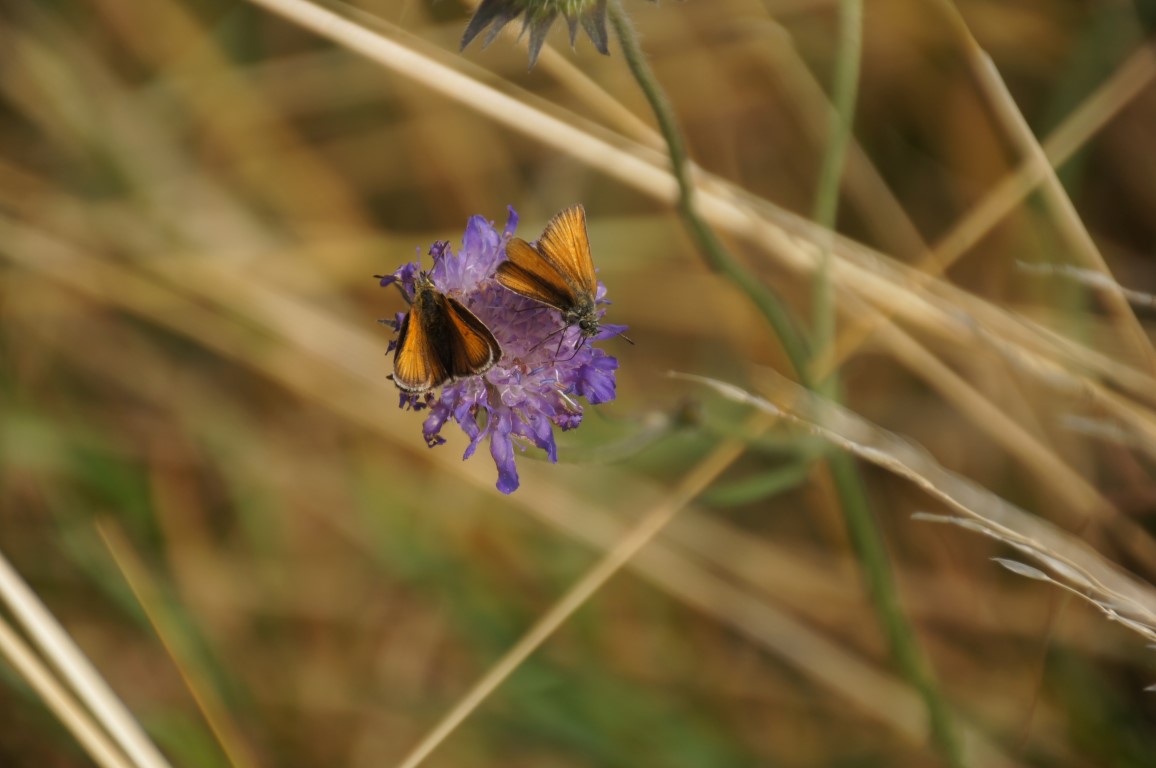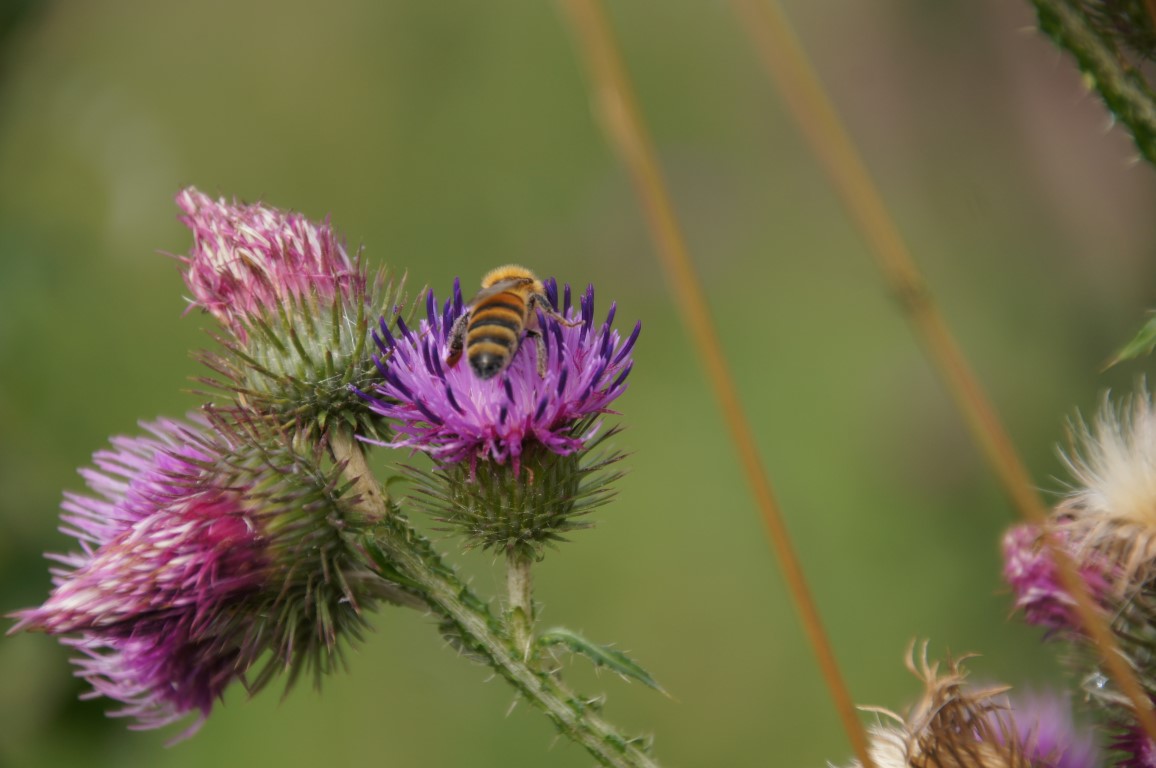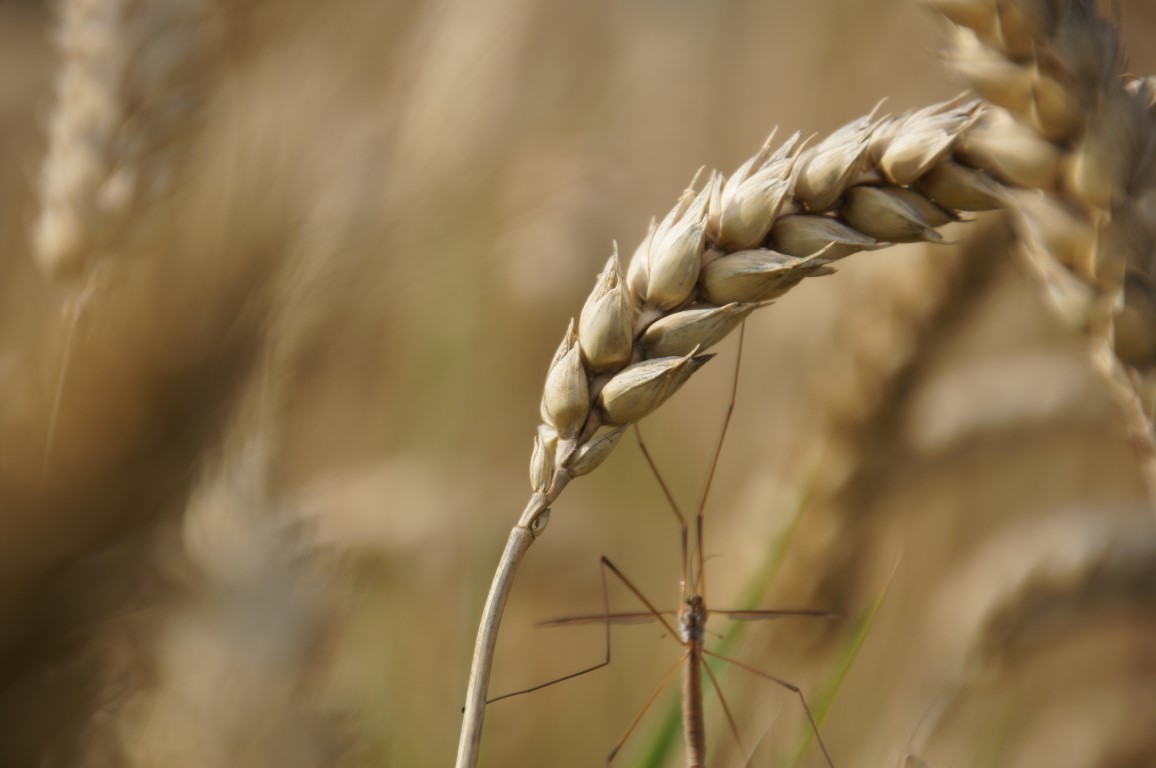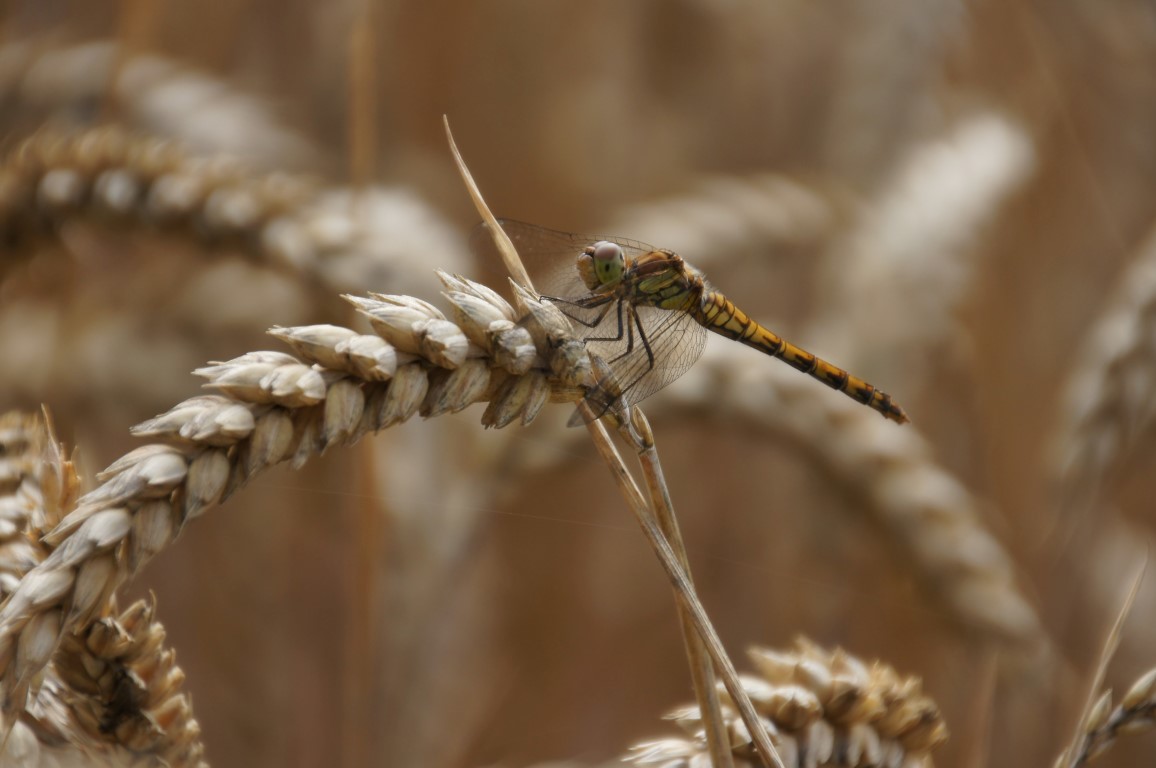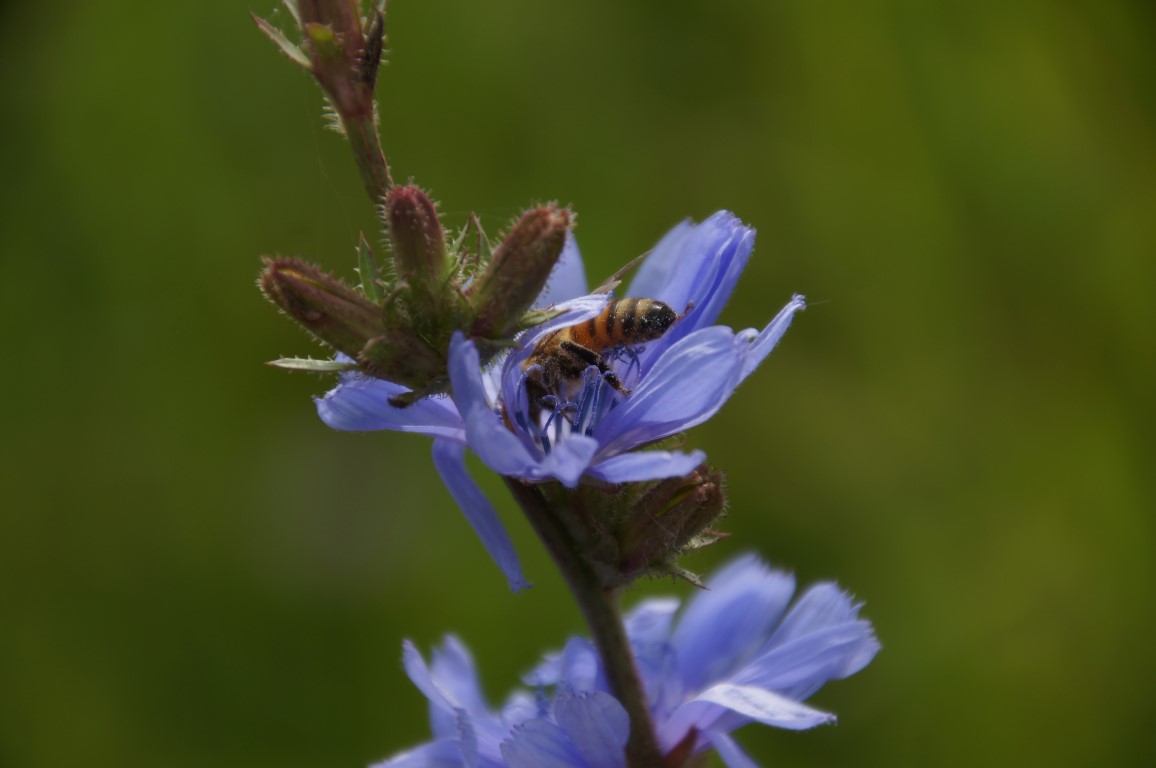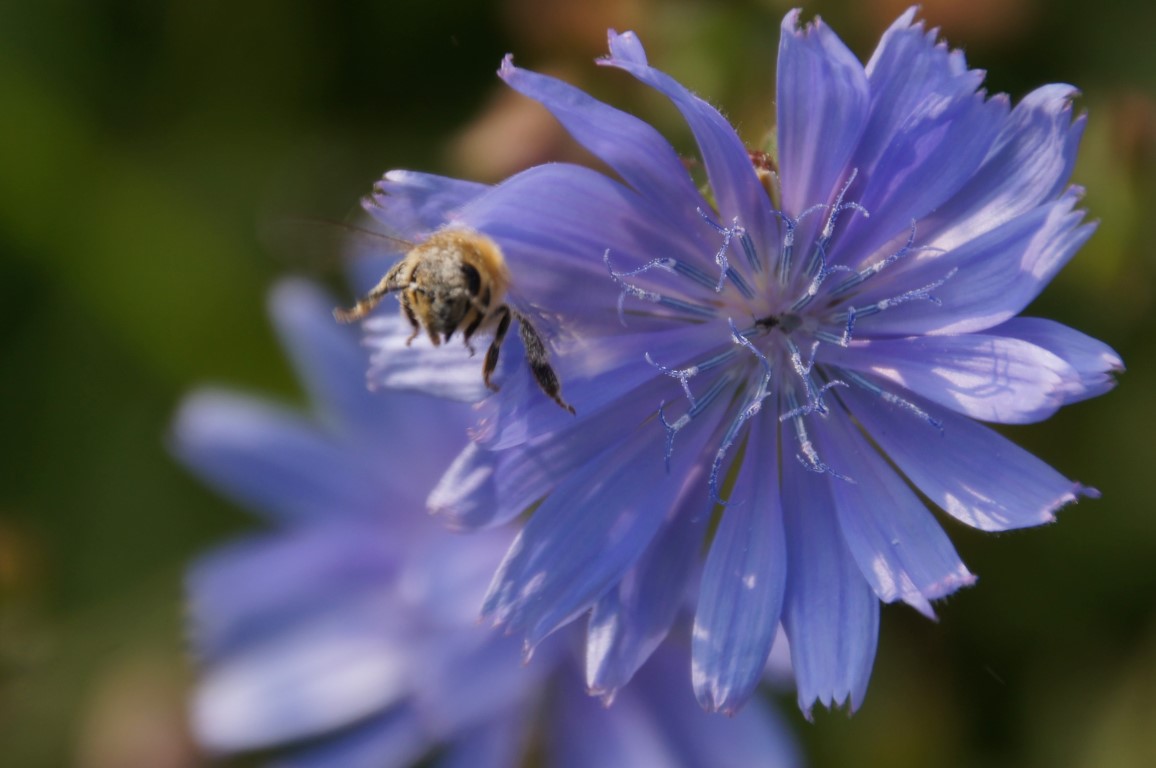I do not know if Beemaster Stein has read Plato, but the fine hair at the nape rose and chills ran down my spine, when I heard him say to me; “As long as you can say ‘I don’t know’, it will be all right” . Anyone who has come upon Plato and his writing about his master Socrates, knows, that the first step to attain wisdom is to admit your ignorance. The reason behind my chills is that this is also one of the dirty tricks people sometimes use in discussions. Who does not recognize the situation, when you are in the middle of a heated debate and have pushed the enemy back with your cool and clear arguments, you have cut of all escape routes and you are preparing for the last assault, and suddenly your opponent throws up his arms and dismantles the entire discussion by saying “Yeah, but then I know nothing at all”. Aha – herein implied that the person was the first to see where true wisdom lie! By admitting to his stupidity and humbly confessing to the world, that he does not really know anything at all, he can glare down upon his opponent with one brow arrogantly raised. She on the other hand is foaming because clearly she still knows a whole lot, and thinks she can argue her case. Beware of people who tell you, they are humble and ignorant!
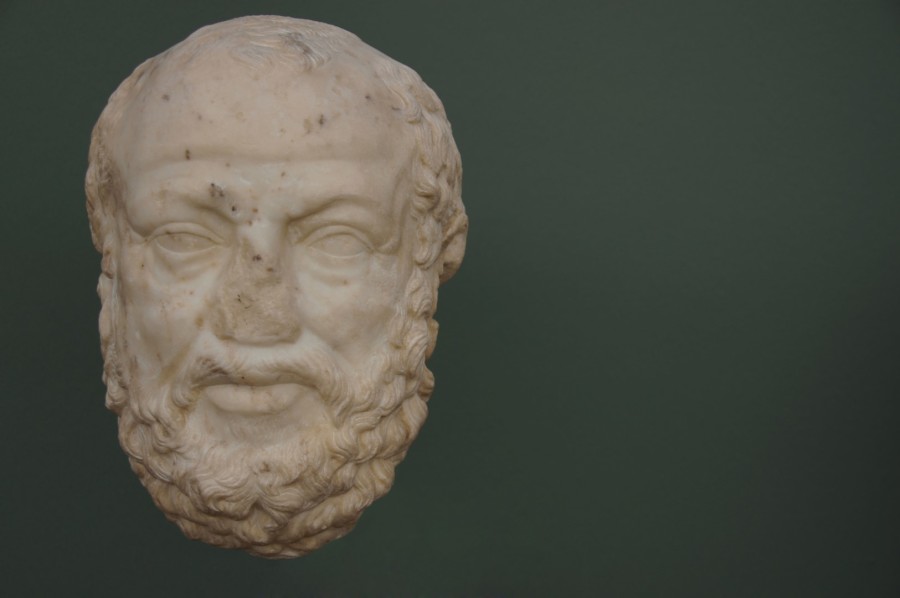
Hmm, but the Beemaster says, that I should go out into the world and say ‘I don’t know’. He is uttering those words, because I have been expressing my concern: it is almost two years in the past, and I am a relatively new beekeeper, who is establishing a beeyard with Jesper, who has never dealt with bees prior to this. I am by no means ready to take on the role as anybody’s teacher, I am still way to insecure in my ways and as such, it is too easy to pass on the wrong things. I am not certain whether his advice calms me, but in either way, I am beginning to think optimistically about it, because who cannot do that – easy peasy, all I have to do is say ‘I don’t know’.
Jesper and I get all the practical things concerning the beeyard sorted out, where to place it, and where to put the first hive and the planting in the area, and then we are finally standing there and looking through the hive for the first time. It buzzes and hums peacefully from beneath, Jesper has been asking about many things, and I have explained and shown him cells, pollen, sealed brood, workers, drones. Then, of course comes the expected question to which I do not know the answer. There is a slight pause, I inhale, and I am almost saying ‘I don’t know’, when my teeth snaps shut around the words, my tongue begin to swell and my palms get a little sweaty. The next thing that happens is that I hear myself saying, a bit tentatively “Perhaps it is because…“. Rikke Kooistra that is not the same as saying ‘I don’t know’. You are already leading poor Jesper astray on a chain of possibly false assumptions! I swallow and now follows a shower of questions, and I must have looked increasingly pale and desperate, until at last I manage to gasp, “I don’t know. Let us look it up”.
It does not get any easier and it is interesting, how my instinctive reaction is that I begin thinking in possibilities. I do not dwell on my infinite ignorance, but I am moving on straight away with an inner ‘ok, fine, and then what’. However, the important thing in our situation is precisely to let I do not know seep in, so it is not whisked away by castles in the air and other charming structures, that are so easily created after saying ‘but’ or ‘maybe’. I get plenty of exercise, because Jesper is asking an incredible amount of questions. He is the sort of person, who, when he takes an interest in a topic, throws himself into reading about it. He reads EVERYTHING there is to read and he asks about EVERYTHING he can think of. Quite contrary to me, who certainly love to read, but as soon as I get intensely interested in a topic, almost ceases to read about it, because I want to look at the thing myself, scrutinize it, and stare upon it until my intuition and praxis have given me a foundation to build upon. This is the strategy of the snail.
I took these pictures walking along a stretch of roadside on North Funen on a very windy summer day. I think it is fair to say that the wind quickly became a main protagonist. You will also meet a bee trying to catch a poppy and some of her friends who are riding it out. The series is dedicated to all the sensible municipalities in DK (and – come to think about it – in the world) who does not cut down the roadside flora unless it is strictly necessary.
Apparently, the dynamics seem to work quite well. I will not argue that I acquire any kind of excellence in saying ‘I don’t know’, but I say it so frequently that it kind of floats in the air between us, not just the things that we know that we do not know, but also all the possibilities connected to the things that we do not know that we do not know. Combined with the learning techniques of Jesper who are comprised by ruthlessly carpet-bombing himself and those around him with questions, until some things settle and other things turn out to be contradictions to be argued about, it forces me to lift my head out of the hive, and I learn much faster than I would have otherwise.
It is great fun to work with bees, and it is fascinating to try to work out how their strange world functions, and why they act as they do. We make assumptions and in joyous moments they remain uncontested, but they are always under trial and often compromised, maybe it is only a fraction of them that we bring further as we develop our experience. In praxis I work with the certainty, that fundamentally I do not know that much; and I continue undeterred to snap my teeth shut around my swollen tongue, to take deep breaths and to stress the difference between saying ‘I don’t know’ and ‘…but perhaps…’.
[∞]
Beemaster Steins second teaching: ”As long as you can say ‘I don’t know’, it will be all right”
